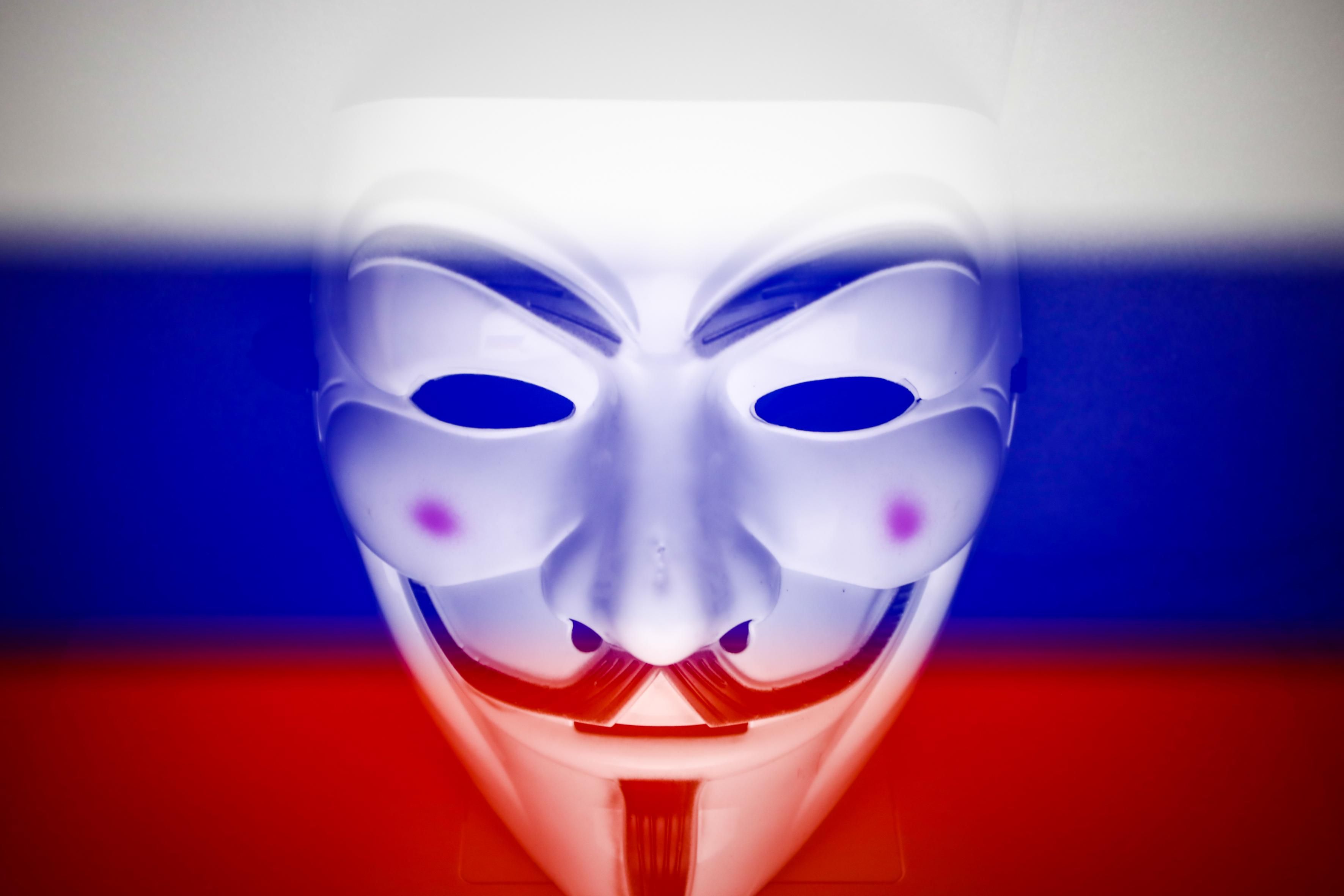Hard Numbers: Anti-Russia hacktivism, Taliban schoolgirls, Polish diplomatic evictions, Egyptian currency drop
2,500: Hackers affiliated with Anonymous claim to have infiltrated 2,500 Russian and Belarusian sites, including government and media services. Trouble is, Putin likely views these hacktivists as agents of the West and critics warn that IT hits on critical infrastructure could, in turn, lead to Russian escalation.
13: Girls aged 13 and over had been planning to return to school on Wednesday for the first time since the Taliban took control of Afghanistan last summer. But right when the new academic year was about to start, officials announced that girls’ secondary schools would remain closed until further notice.
45: Poland is sending 45 “spies pretending to be diplomats” back home to Russia, according to the Polish interior minister. The move involves about half of Russia’s embassy staff in Warsaw and reflects just how tense things have become between the two countries since the invasion of Ukraine.
14: The value of Egypt’s currency fell 14% on Wednesday after its central bank raised the main interest rate. The bank pointed to instability caused by Russia’s invasion of Ukraine and the need to curb inflation. Prices are soaring — this week Cairo fixed the price of unsubsidized bread — but the rate hike may also signal Egypt’s desire to secure more funding soon from the IMF.
